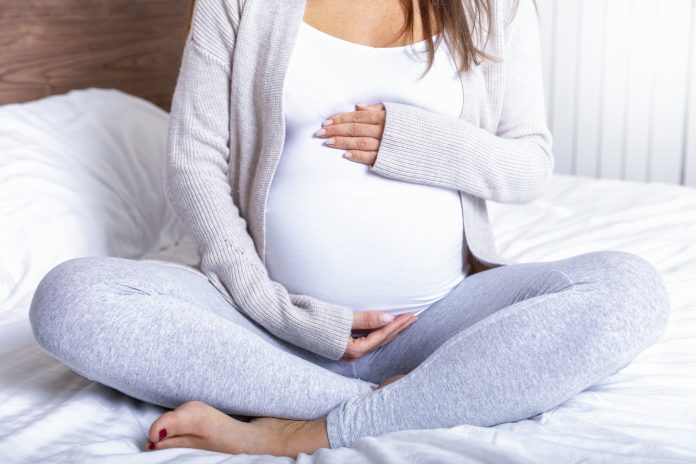A study published in Human Reproduction reveals a concerning association between job loss and a heightened risk of miscarriage and stillbirth
Researchers, led by Dr. Selin Köksal from the University of Essex, found that experiencing a job loss, either by the pregnant woman or her partner, was correlated with a doubled risk of miscarriage or stillbirth.
Doubling the odds: Job loss and pregnancy loss
While these findings suggest a connection, the study doesn’t definitively establish that job loss directly causes pregnancy loss. Dr. Köksal emphasises the necessity of additional research to investigate socioeconomic factors and potential causal links.
Unpacking the socioeconomic impact
Economic Hardship, Unforeseen Events, and Social Status Loss
Understanding how job loss affects pregnancy outcomes involves exploring whether financial hardship, unexpected events, or changes in social status play pivotal roles. Dr. Köksal aims to address these questions in future research.
Future considerations for pregnant women
The study highlights the importance of raising awareness about workplace rights for pregnant women, extending job protection to partners of pregnant women, and providing psychological support during pregnancy.
These steps can mitigate the risk of pregnancy loss and promote maternal and fetal health. Further investigations are needed to determine if these findings apply to various socioeconomic groups and if more generous welfare regimes can alleviate the psychosocial hardships of job loss.
Conclusive insights for pregnancy health
In conclusion, the research underscores the association between job loss and an increased risk of miscarriage and stillbirth. While it doesn’t establish causality, it serves as a vital call to action for policymakers and healthcare providers to prioritise the well-being of pregnant individuals and their partners.
Awareness of workplace rights, extended job protection, and psychological support can alleviate stress and mitigate pregnancy risks. Future studies should investigate the impact on various socioeconomic groups and welfare systems. Ultimately, these findings shed light on a potentially preventable factor in pregnancy loss, urging society to prioritise the health of expectant parents and their unborn children.











